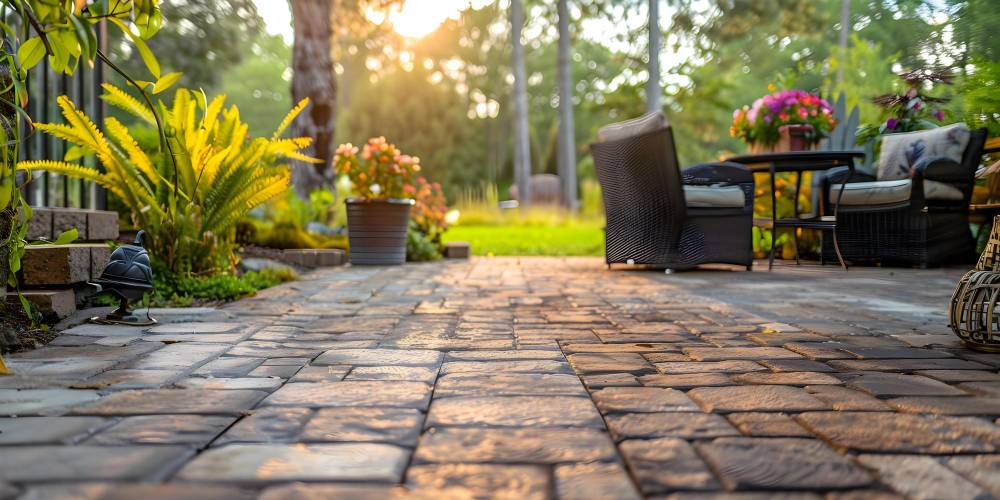
12
When planning to enhance your outdoor space, the idea of building a patio over your septic tank might seem appealing. After all, it could be a convenient way to utilize space that might otherwise go unused. However, building over a septic tank is not as straightforward as it might appear.
One of the primary concerns with building a patio over a septic tank is the accessibility for regular maintenance. Septic systems require periodic inspections, septic tank pumping, and occasional septic tank cleaning to function properly. If your tank is covered by a patio, accessing it for these essential services becomes difficult and may require dismantling part of your patio. This can be costly and inconvenient, turning what should be routine maintenance into a major project.
Septic tanks and their associated drain fields are designed to handle the weight of soil and some light landscaping but not the additional weight of a structure like a patio. Building over a septic tank can put undue pressure on the tank and pipes, potentially leading to cracks, leaks, or even collapse. This damage can be costly to repair and may require complete septic tank repair or replacement, particularly if the tank or pipes become severely compromised.
The drain field is a crucial component of your septic system, responsible for dispersing treated wastewater into the soil. Building a patio over this area can compact the soil, reducing its ability to absorb water and leading to system failures. Additionally, if the drain field becomes saturated and fails, it could cause sewage to back up into your home, creating a health hazard and necessitating extensive septic tank installation and drain field restoration.
Most local building codes have strict regulations regarding the placement of structures near or over septic systems. These codes are designed to protect both the homeowner and the environment by ensuring that septic systems are accessible and functioning properly. Building a patio over your septic tank could violate these codes, leading to fines, mandatory removal of the structure, or other legal issues. Before starting any construction project, it's essential to consult with a septic company and your local building authority to ensure compliance with all regulations.
If you have enough space in your yard, consider relocating the patio to an area away from the septic tank and drain field. This allows you to enjoy your outdoor living space without compromising the integrity of your septic system.
If you're set on having a patio in the area, consider installing a removable surface, such as pavers or decking tiles, that can be easily lifted when access to the septic tank is required. This solution provides the convenience of a patio while still allowing for regular septic tank pumping and maintenance.
Another alternative is to focus on landscaping around the septic tank and drain field. Planting shallow-rooted grass or flowers can enhance the appearance of the area without the risks associated with heavy structures. However, avoid planting trees or shrubs with deep roots that could infiltrate and damage the septic system.
While the idea of building a patio over your septic tank might seem like an efficient use of space, the potential risks and complications far outweigh the benefits. Regular septic tank pumping, cleaning, and maintenance remain essential to ensuring the long-term health and efficiency of your system. If you're unsure about the best approach for your property, consulting with a professional at Charlotte Septic Pros is the best course of action.

04
Early Warning Signs Your Septic Tank Needs Pumping For homeowners who rely on a septic system, routine maintenance is not…
Read more
29
Why Does My Septic System Smell Fine One Day and Terrible the Next? If you own a home with a…
Read more
19
Is Your Septic System Overdue? Simple Home Checks You Can Do Today For many homeowners, the septic system is a…
Read more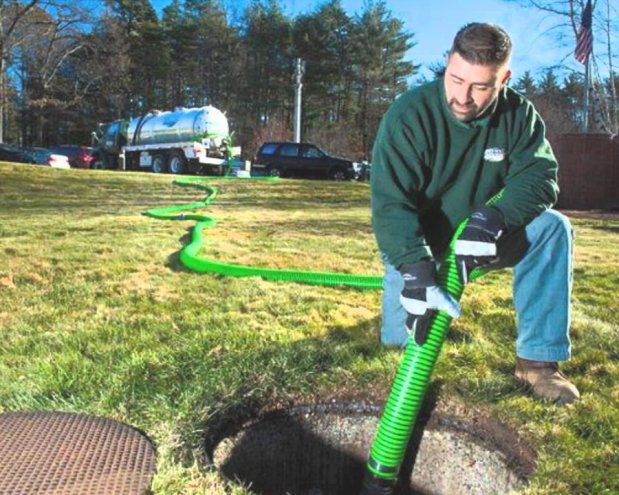
13
5 Signs Your Septic Tank Is Overdue for Pumping Your septic system works quietly behind the scenes, managing wastewater from…
Read more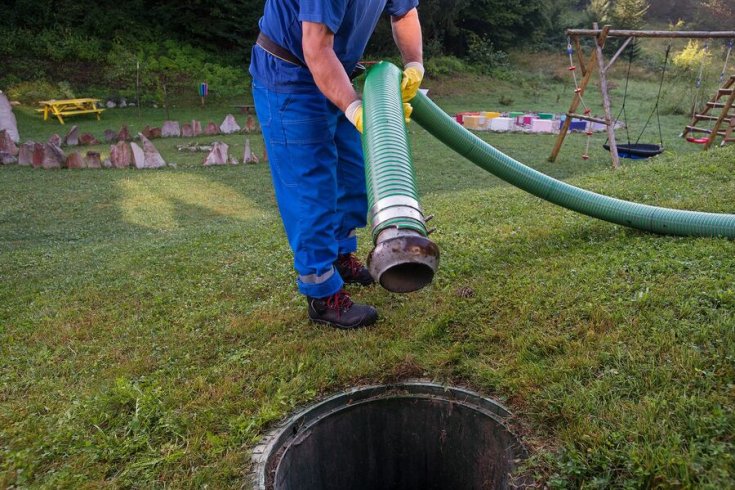
07
Do Septic Additives Really Work? Septic additives are everywhere. You’ll see them at hardware stores, advertised online, and often recommended…
Read more
29
5 Things You’re Doing Every Day That Fill Up Your Septic Tank Faster Your septic system works quietly in the…
Read more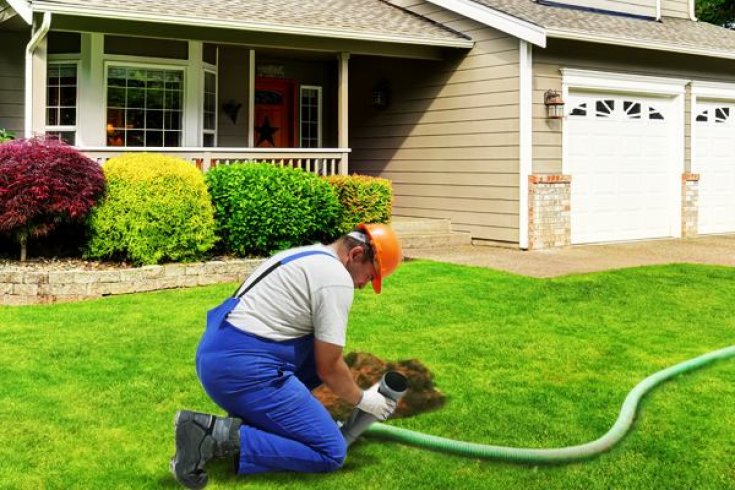
21
Is It Normal for Grass to Grow Greener Over My Septic Tank? If you’ve noticed a patch of grass in…
Read more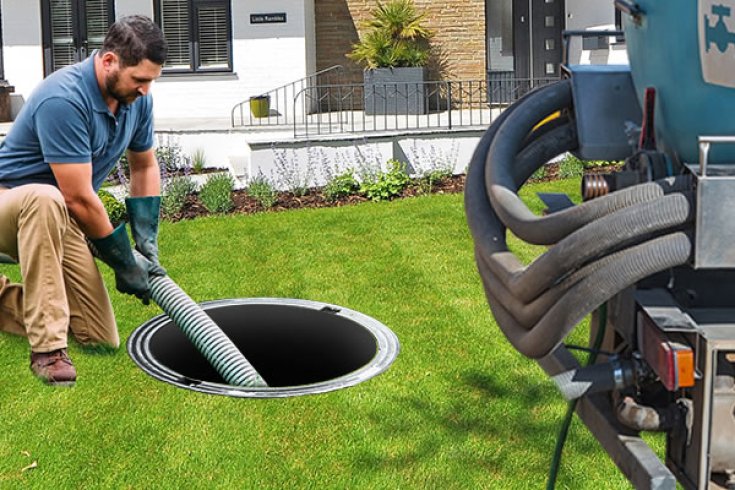
16
Why You Shouldn’t Wait Too Long to Pump Your Septic Tank A septic system works tirelessly behind the scenes to…
Read more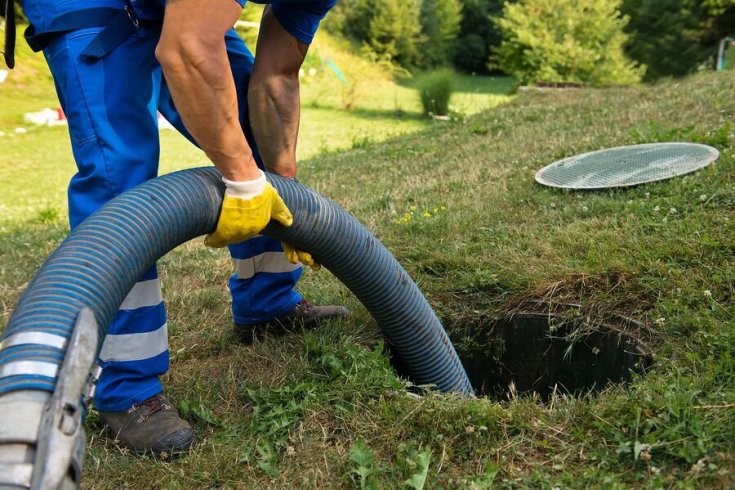
07
Septic Tank Smells? Let’s Talk About What’s Really Going on Underground A septic system is designed to manage wastewater efficiently…
Read more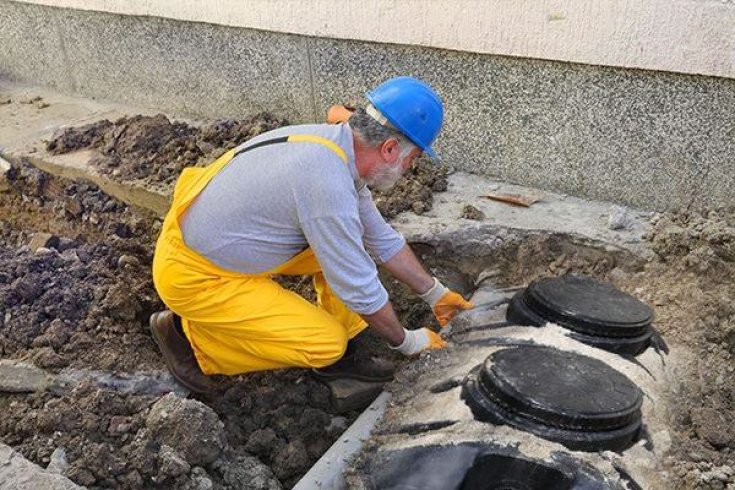
31
Why Neglecting Your Septic Tank Can Affect Your Yard, Home, and Health A well-functioning septic system is essential for managing…
Read more